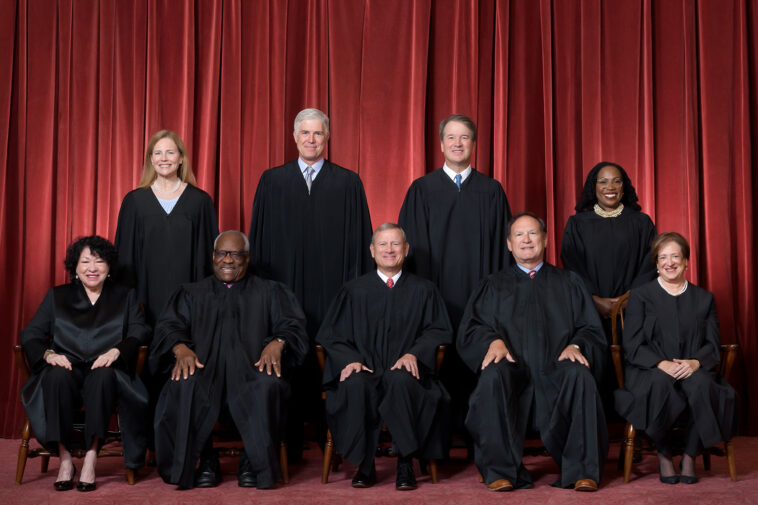
perspectives on the Recent Supreme Court Dismissal of Plea on Gender Biased Laws in India: An Objective Look
The Unspoken Aggressor: Analyzing India’s Biased Domestic Dispute Laws
In an extraordinary legal event that recently occurred, the Supreme Court of India dismissed a public interest litigation (PIL) that vied for the annulment of certain Indian laws, for allegedly, these laws unfairly presume men as the initiators of domestic disputes — the confusing bits coming to the surface. The simplicity of the verdict, however, belies the tangle it invokes with the already convoluted structure of Indian laws centered around domestic disputes.
The Incendiary Plea: Challenging India’s Constitutional Validity
The petition challenged sections of laws that have predominantly been seen as tools for safeguarding women from domestic violence and dowry-related crimes. It sought to declare these segments in the country’s legal scripts—The Dowry Prohibition Act, 1961, sections of the Indian Penal Code, 1860, Protection of Women from Domestic Violence Act, 2005, and the Hindu Marriage Act, 1955—as unconstitutional and invalid. The nerve-racking allegations claimed these laws violate the fundamental principle of ‘innocent until proven guilty’, thus infringing on the rights guaranteed under the Indian Constitution and international human rights obligations.
Rewriting the Cultural Norms: Deconstructing Dowry’s Relationship with Hinduism
One tricky part of the plea was its assertive claim that said dowry isn’t inherent to Hinduism. It ran against traditionally held beliefs, asserting that Hindu religious texts do not advocate dowry practices. The petition argued that laws citing dowry as a Hindu marriage practice, do nothing but insinuate a false narrative that disparages the Hindu culture – a complication that doesn’t just tangle the legal but the cultural matters as well.
Presumption or Protection: The Debate Around Protective measures for Women
Getting into the heart of the plea, the twists and turns reveal more intimidating aspects. At the center of the storm, the laws have provisions that presume women as “aggrieved persons” and men automatically categorized as “respondents”. A situation seemingly loaded with issues where the laws are alleged to be misused as means for harassment and extortion, particularly against men and their families.
Legal Paradox: Undermining the Principle of Innocence Until Proven Guilty
We must take a closer look at the plea’s argument about how the dowry laws and Section 498A of the IPC contravene the principle of presumption of innocence until proven guilty. This principle, a bedrock of justice, appears to be overshadowed by the seemingly protective measures which might actually be full of issues, causing discontent among the masses.
Men or Women: Manipulating the Legal System to Perpetuate Injustice
The petition contended that these laws foster a presumption of guilt. Thus, by arguing the presumption of guilt upon men while assuming women as victims, regardless of individual circumstances or evidence, the plea stated that it encroaches upon Article 15 of the Indian Constitution. This tricky part, the gender-based discrimination, in essence, it said, engenders societal bias, not a reflection of the complex scenarios in domestic violence cases.
Final Thoughts: Navigating Equality in the Chaotic Churning of Law
Steering through this intimidating issue, on one hand, legal protections for women are essential to address the ongoing and large-scale issue of gender-based violence in India. Yet the case shines a light on subtle parts of the matter, reflecting the complicated pieces of India’s legal puzzle that call for a careful relook. It underscores the need for efforts to strike the right balance towards ensuring that neither men nor women are wrongfully targeted or exposed to abuse under such protective laws.
In conclusion, this opinion piece doesn’t intend to support or oppose the Plea or the Supreme Court’s dismissal. Instead, this piece aims to dig into the intricacies of such laws, the complex context within which they operate, and the overwhelming balance they need to strike between the protection of victims’ rights and the preservation of the principle of ‘innocent until proven guilty’.
Originally Post From https://www.ndtv.com/india-news/raise-in-parliament-supreme-court-dismisses-plea-challenging-laws-targeting-men-7626094
Read more about this topic at
North Carolina Supreme Court Dismisses GOP …
Supreme Court dismisses NVIDIA’s securities fraud appeal
